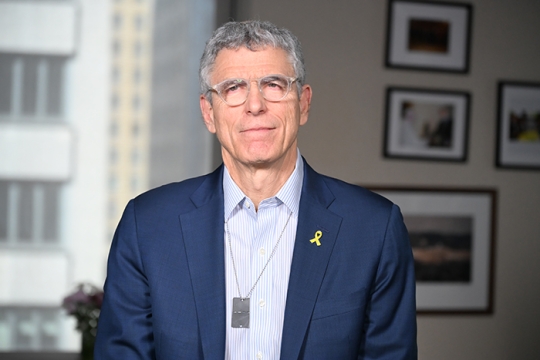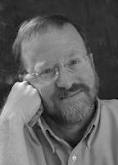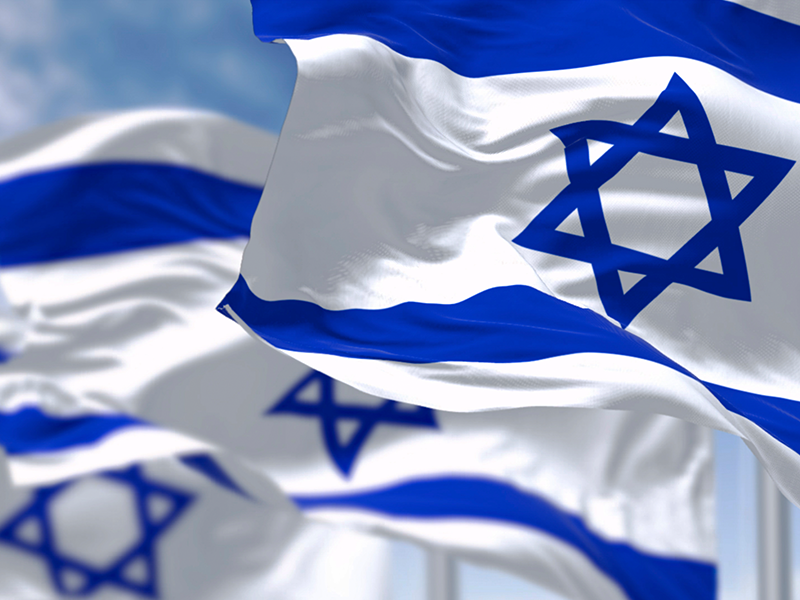The Passover Seder: A Night for Love

If I invited you to do a Jewish program for Passover and asked you to please bring a mattress, a bottle of wine, and some kind of aphrodisiac, you would probably look at me askance – maybe even consider having me investigated.
And yet, what do we do on Passover seder night? We drink four glasses of wine, recline on pillows, and eat every Jew’s favorite “aphrodisiac,” charoset, which is made from apples, wine, and nuts — the ingredients mentioned in the Song of Songs, the love song of the Bible.
What were the rabbis who compiled the Haggadah thinking?!
It would have been so easy to create a simple Haggadah recounting the sudden and miraculous exodus from Egypt, quoting the appropriate verses and simply retelling the story – but those who invented the Haggadah apparently had something else in mind. They didn’t want us to present an historical recounting of what happened, and they didn’t want us just to “relive” it through our senses – by eating the bread of affliction, tasting the bitter herbs, and drinking to our redemption.
There is something more going on here.
More than just wanting us to relive the exodus, the rabbis wanted us to re-love it.
They wanted us to focus less on what happened and focus more on how we feel about what happened. They wanted us to dive into our relationship with God as it stood thousands of years ago – when the love was new.
How is this night really different from all other nights?
This is the night for feeling God’s love for us, yet it is easy to miss the moment. That’s why the writers of the Haggadah tried creatively to help us recapture its essence in the events of the seder. What do new lovers do? What do people do when they fall in love? They are romantic: four cups of wine, reclining, and charoset set the mood.
They are large in spirit, generous: “Dinner’s on me tonight!” “Drinks on the house!” Similarly, how do we open the seder? “Let anyone who is hungry come and eat!”
They exaggerate: “He is the most loving, the most caring, the most giving.” What do we read in the Haggadah? “There weren’t 10 plagues, but 50! Not 50, but 250!”
They stay up all night talking. What do we do at the seder? Stay up talking late into the night.
They talk about their common visions, about starting a family, and about their ideal future together. At the seder, we talk about visions of leaving Egypt and being led to the Land of Israel. We talk about family, the four sons, and about our ideal future as a people: “Next year in Jerusalem!”
They write poetry to each other. How do we conclude the seder? By reciting the love poetry of “Shir Hashirim,” the Song of Songs.
What’s going on? It would have been so easy to simply recite the verses in the Torah about the Jewish people leaving Egypt. So why all this carrying on?
Love evokes love. God’s act of bringing us out of Egypt “on the wings of eagles” (Exodus 19:4) was an act of love. On Passover, we respond to God’s love with love of our own. The events of the seder are meant to evoke our feelings of love; God’s act of love for us evokes our love for God. So we respond by drinking wine, reclining, and eating an aphrodisiac, by singing, exaggerating, and reading poetry.
I’ve been married for many years, but just like looking back at our wedding album and reminiscing about those moments always rekindles the love I have for my wife. So is the Passover seder the night we rekindle our love for God, and the Haggadah is like the wedding album evoking love all over again. It is easy to miss the moment, but if we cherish it, it can be a night unlike any other.
Related Posts
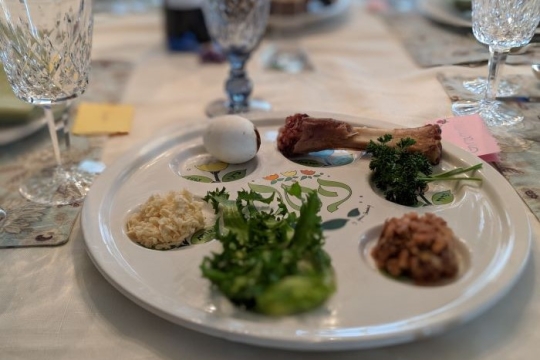
The Nevas Family's Enduring Passover Tradition: A Celebration of Freedom, Justice, and Community
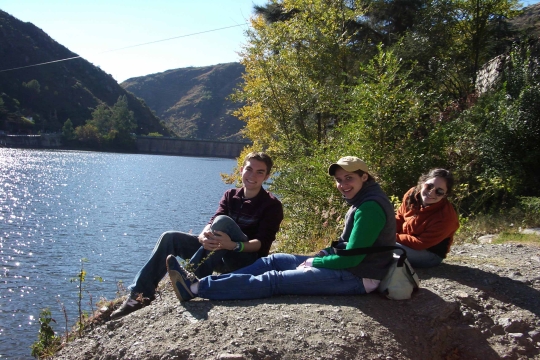
Five Ways Adults Can Support Jewish Teen Mental Health
